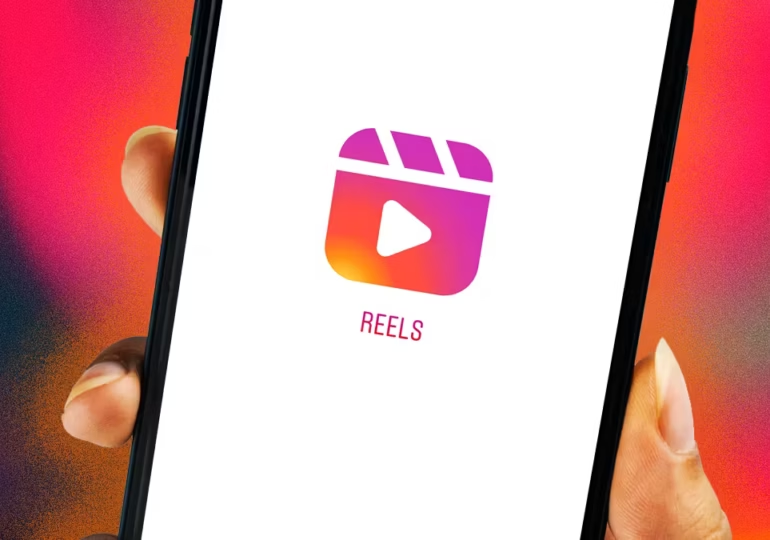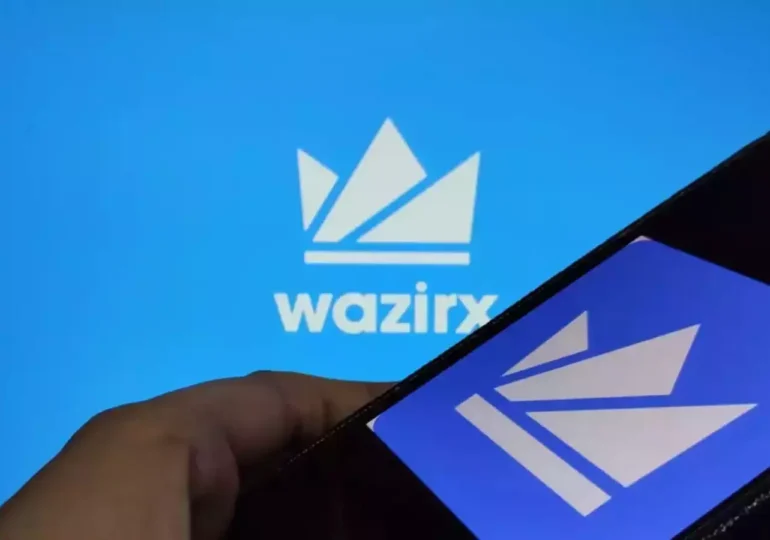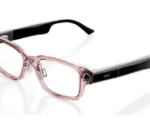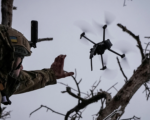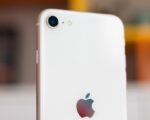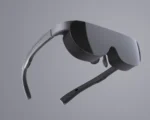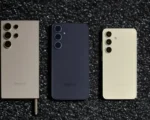Honor MagicPad 2 and Magic V3 to Introduce AI-Driven Defocus Eye Protection for Nearsighted Users
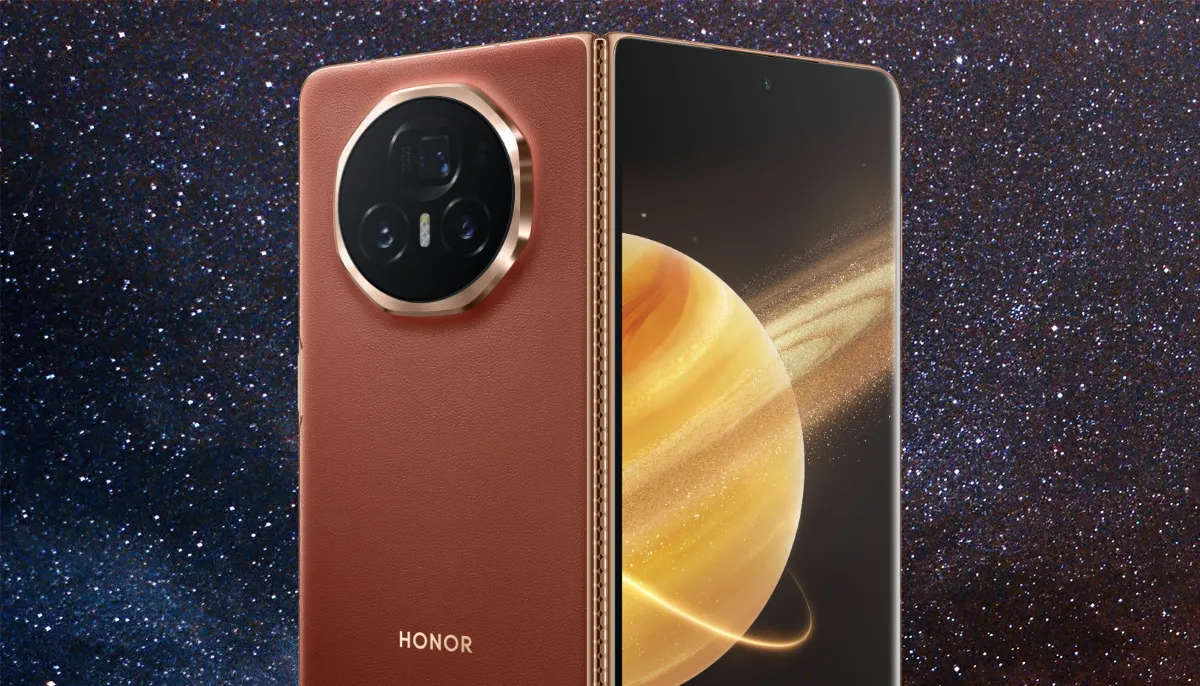
Honor’s Defocus Eye Protection Aims to Slow or Reverse Myopia in Users
Earlier this year, Honor introduced an innovative artificial intelligence (AI) technology designed to help reduce the risk of myopia, or nearsightedness. The company also made a bold claim that this technology could potentially reverse the condition in individuals already affected. Dubbed Defocus Eye Protection, this feature is now officially integrated into the Honor MagicPad 2 tablet and the Honor Magic V3 foldable smartphone. The announcement was made during the global launch of these devices at the Internationale Funkausstellung (IFA) Berlin 2024 event, marking a significant step in the intersection of health and technology.
Defocus Eye Protection was first revealed at the Mobile World Congress (MWC) Shanghai 2024. The technology draws inspiration from a medical technique of the same name, commonly used in prescription glasses. These glasses incorporate peripheral defocus lenses, which have been shown in multiple studies to slow the progression of myopia by managing the elongation of the eye—a key factor in the development of nearsightedness. Honor’s adaptation of this technique in their devices uses AI to simulate a similar effect on digital displays, bringing the benefits of eye protection into the digital space.
Honor has specifically designed this feature to address nearwork-induced transient myopia, which is often caused by prolonged use of digital devices at close distances. The Defocus Eye Protection feature in the Honor Magic V3 and MagicPad 2 utilizes AI-driven display technology to mimic the effects of peripheral defocus, potentially reducing the strain that prolonged screen exposure places on the eyes. This is particularly significant in a time when digital device usage is at an all-time high, especially among younger generations who are increasingly affected by myopia.
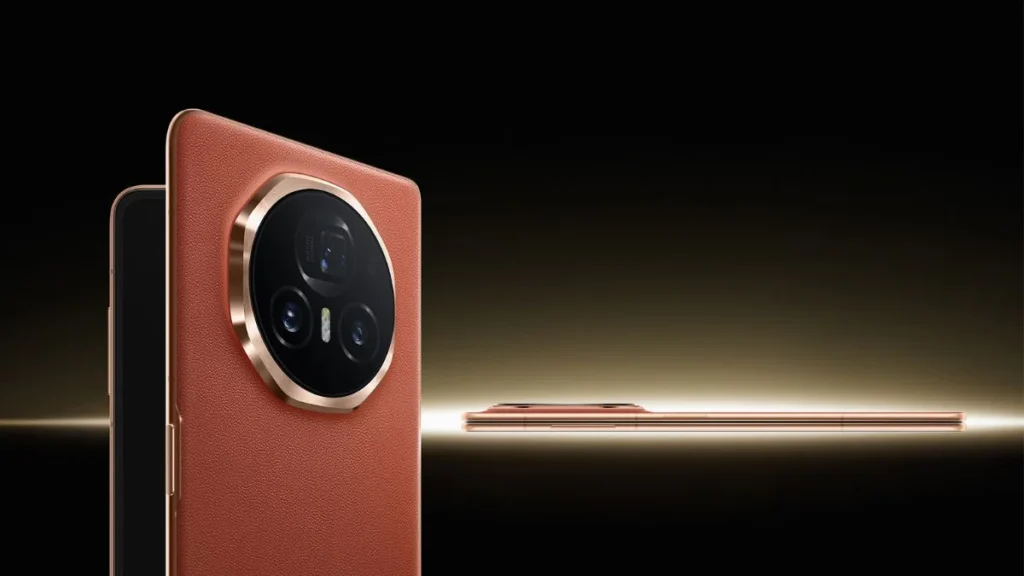
The introduction of Defocus Eye Protection into devices like the MagicPad 2 and Magic V3 highlights Honor’s commitment to incorporating health-focused innovations into its products. By targeting myopia, a condition that affects over 30% of the global population, Honor is addressing a widespread public health concern. The company hopes that by offering this feature, users can enjoy prolonged screen time without exacerbating the risk of nearsightedness, potentially even seeing improvements in their vision over time.
In addition to its potential health benefits, the Defocus Eye Protection technology aligns with Honor’s broader strategy of using AI to enhance user experiences. By integrating AI into display technology, Honor is not only optimizing visual quality but also introducing a proactive solution to a growing issue. While the long-term effectiveness of this AI-powered feature in reversing or significantly slowing down myopia still requires further research, it represents a unique approach in the tech world’s ongoing efforts to address digital eye strain.
As Honor MagicPad 2 and Magic V3 hit global markets following their IFA 2024 unveiling, consumers will have the opportunity to experience this breakthrough in eye protection firsthand. Honor’s focus on innovation in this area could set a precedent for other tech companies to explore similar AI-driven health solutions in their devices. Whether or not the technology can deliver on its ambitious promises, it’s clear that Honor is pioneering a new frontier where technology and health intersect.


